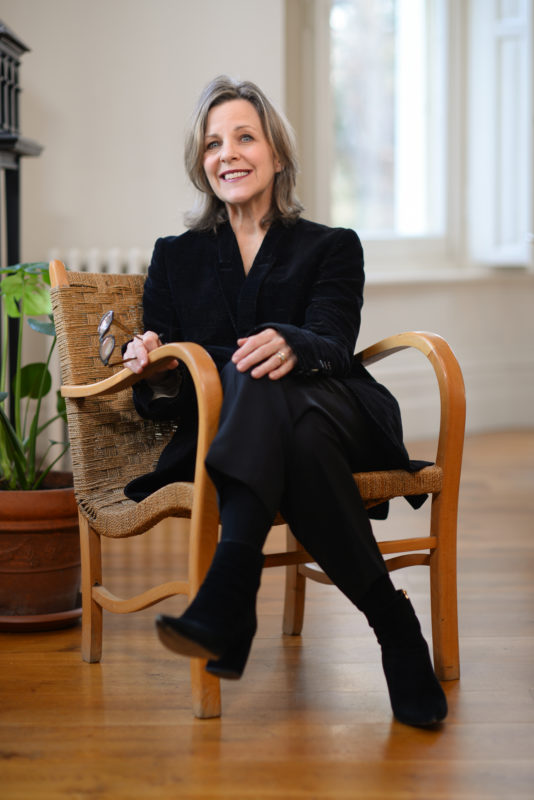Melinda Geertz on 38 years at Leos, the VivaWomen initiative and thoughts on the pitch process
After more than three decades at Leo Burnett, Melinda Geertz speaks to Mumbrella’s Calum Jaspan about the timing of her departure, what she would like to be remembered for at the agency she has devoted her professional life to, who inspired her, and what she hopes to have passed on to the next generation of female leaders.
As we caught up over a video chat, both in lockdown in Melbourne, Melinda Geertz told me about the strange experience that is finishing up at a place you have spent the best part of your life at.
30 July was Geertz’s last day at Publicis Groupe’s Leo Burnett, capping off 38 years at the agency. An agency where she started her career. She is a rare, one agency, advertising professional.

Melinda Geertz, August 2021
One agency, almost four decades

